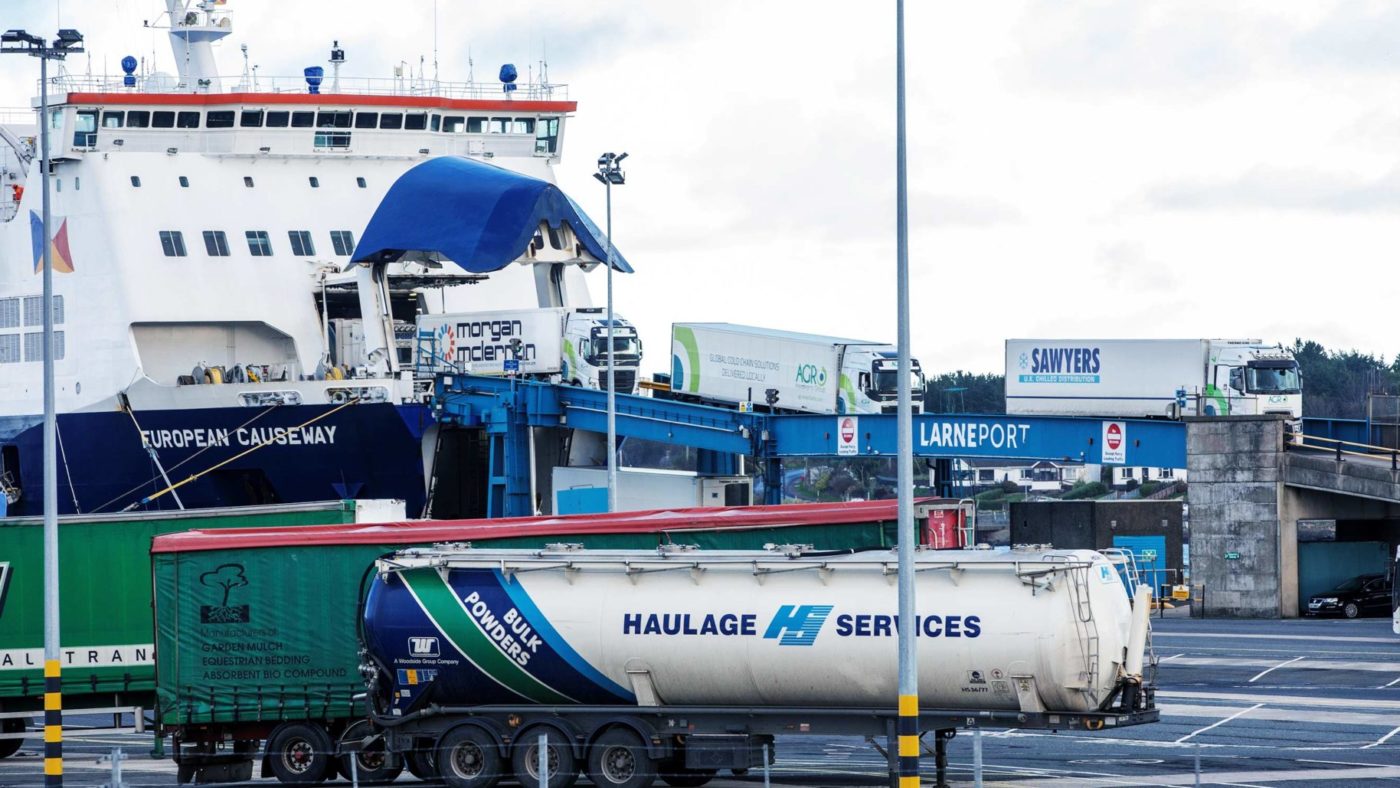It seems an obvious point, but increasing trading opportunities for UK companies was a key pillar of the case for Brexit. And, behind all of the free trade agreements that the UK strikes, including that with the EU, the Government should help businesses to expand however it can.
In that context, the recent news that some officials from the UK’s Department for International Trade (DIT) have been advising businesses to set up in Europe must be seen as welcome. Of course, given the swings and roundabouts of recent years, it’s a suggestion that is is bound to raise some eyebrows.
That is doubly true when the solution for many businesses may lie a lot closer to home. The current rumpus and failings regarding the Irish Sea border needs to be resolved – and quickly – but whisper it quietly, Northern Ireland offers a solution to many of the challenges being faced now by UK companies trading with Europe. Let me explain.
For businesses, a location in Northern Ireland offers a clear route into the EU. It remains in the EU single market while maintaining unfettered access into the Great British market. For the UK government, the inward investment opportunity this creates, and into one of the lowest GVA per capita regions in the UK to boot, would be a powerful line in the sand for its levelling up strategy. And at this time, as both the UK and the EU economy is shrouded in the doom and gloom of Covid-19, coupled with a number of proxy Brexit skirmishes, this could serve as a bright spot for the new trading relationship.
The complexity and disruption brought about by the new UK-EU deal has already been starkly exposed, even with the cushion of an initial grace period on various rules. However, if we make proper use of Northern Ireland’s new status, some of those problems start to shrink. If Scottish fishing boats were to land their catch in Northern Ireland ports or manufacturers of automotive components carrying out final finishing undertook the work in Northern Ireland, we may not have seen the same issues. And business is already starting to think the same way, to judge by the uptick in queries I have had from various European investors across multiple business sectors.
Hard as it might be to believe, even one month since Brexit the clock is already ticking fast. The Government is rightly focused on the pandemic and should be praised for its vaccine programme. However, the paradox of this is that attention will turn more swiftly to its economic recovery plan, and UK business ravaged by a year of lockdowns will demand action. For Northern Ireland, which has an opportunity in four years’ time to vote on whether to maintain its unique position, it is imperative that measures are put in place to capitalise on the economic opportunity they have been presented with. If not, and if a convincing case has not been made, we will invariably see a re-run of the political arguments that have dogged us since 2016.
One of the solutions may have been right in front of us all along. A full house hand to ease the burden on UK businesses, provide a solution for European investors and in doing so kick start the Government’s levelling-up agenda in a region that requires it most. It also provides a stand-out opportunity to showcase ongoing UK-EU collaboration through the opportunities it would bring about for the all-island economy in Ireland, increasing the growth potential in industry sectors and integrated supply chain.
Yes, it requires some acceptance that Northern Ireland does and will continue to operate under different rules to the rest of the UK, but that ship has sailed and will not fundamentally change any time soon. Sometimes an opportunity comes along that needs to be grasped for multiple reasons by all involved. This is one of them.
Click here to subscribe to our daily briefing – the best pieces from CapX and across the web.
CapX depends on the generosity of its readers. If you value what we do, please consider making a donation.


